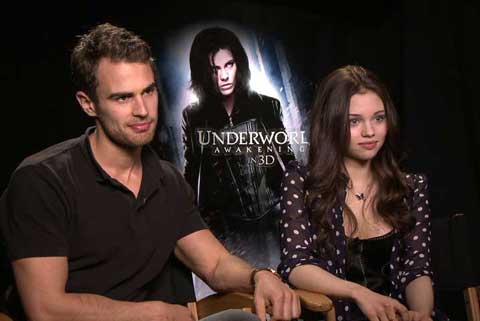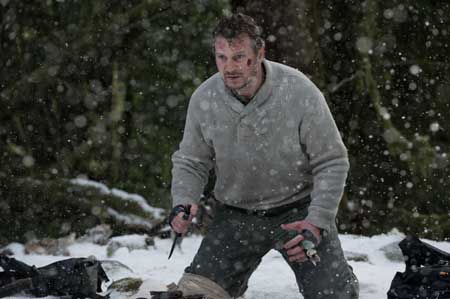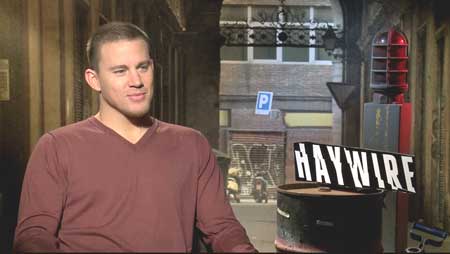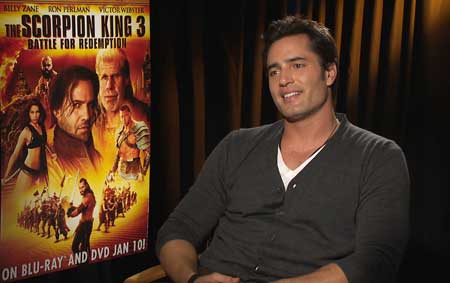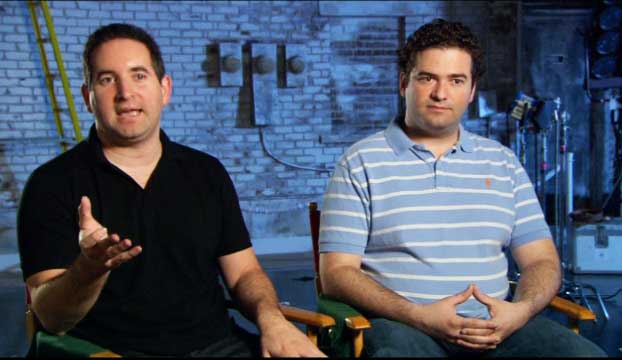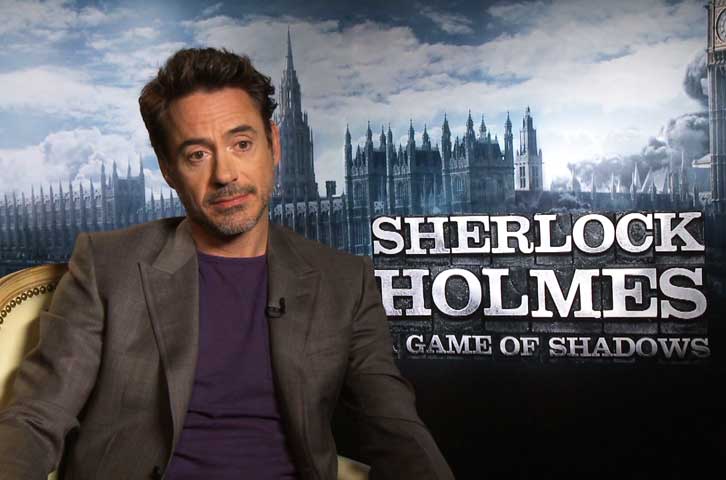Live with AMERICAN REUNION Cast
- Details
- Category: Interviews
- Created: Friday, 16 March 2012 22:47
- Published: Friday, 16 March 2012 22:47
- Written by Lupe Haas
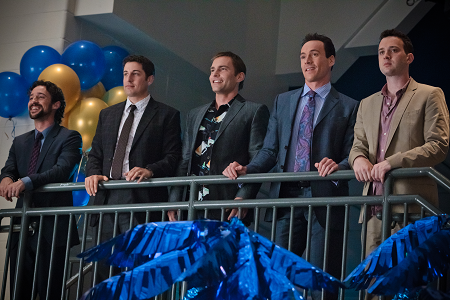
The American Pie cast is reuniting for AMERICAN REUNION and CineMovie is sitting down live with the Jason Biggs, Alyson Hannigan, Sean William Scott, and their co-stars on Sunday starting at 1pm PST. Follow us on Twitter and Facebook for live tweets from the interviews.
Add a comment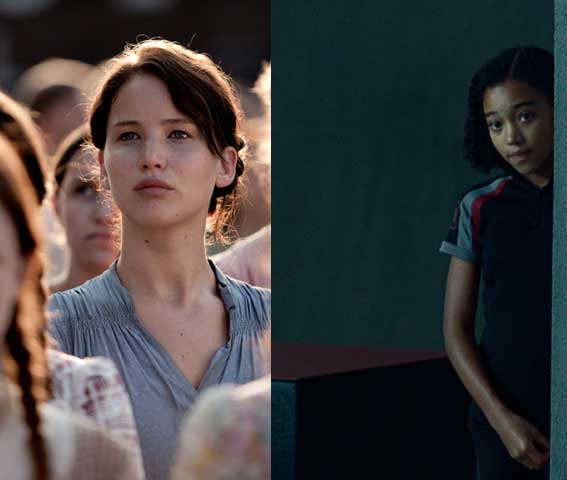
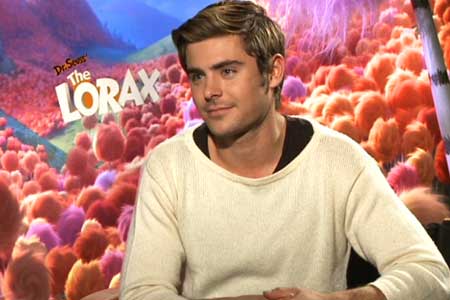
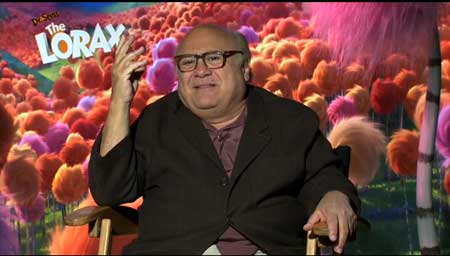
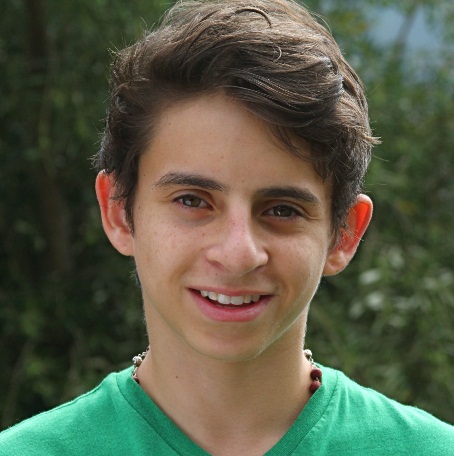 Disney Channel alumni Moises Arias talked to CineMovie from the set of ENDER'S GAME in New Orleans to promote his latest film THE SECRET WORLD OF ARRIETTY.
Disney Channel alumni Moises Arias talked to CineMovie from the set of ENDER'S GAME in New Orleans to promote his latest film THE SECRET WORLD OF ARRIETTY.